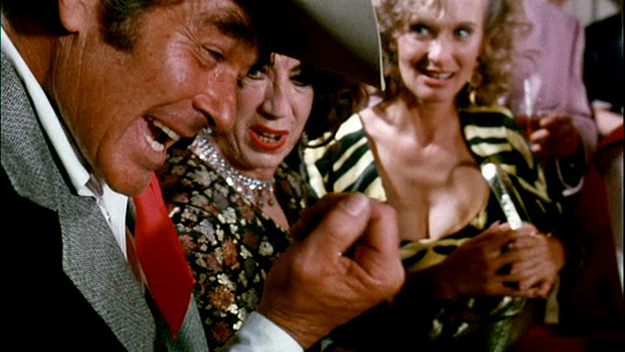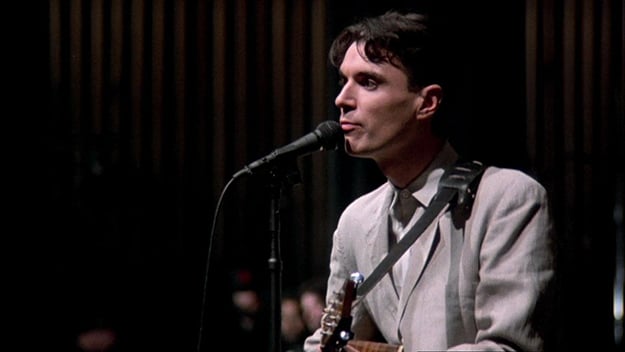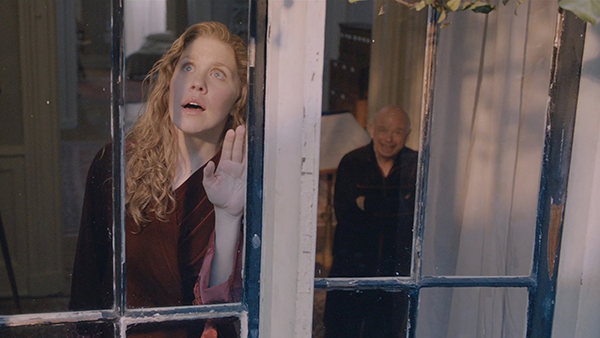Crazy Mama “Jonathan Demme embodies the best and worst of the New World school. His first two films, Caged Heat and Crazy Mama, are by and large self-conscious exercises in camp, with no more substance or conviction than the average episode of Charley’s Angels—the clear products of an overtly sophisticated director contemptuously slumming among lesser genres. But as soon as Demme moved onto the augmented budgets of Fighting Mad and Citizens Band, something clicked. The camp stylings were shucked, liberating a generous, almost lyrical sensibility. Care suddenly replaced contempt.” —Dave Kehr, September/October 1977 “Jonathan Demme, not to be confused with Jacques Demy, shares nonetheless two of the most winsome qualities of his Gallic near-namesake: a penchant for fluid, elaborate camera movements which often ensnare some runaway character back to the relaxed narrative, and a fair-play conviction that each of these tangential characters is worth a movie all to him/herself. It is this obsessional concern with character rather than plot that allows Demme (and the viewer) to string along with some rootless people through their minor crises in tacky motels, trailer camps and crossroad towns in backwater America.” —Carlos Clarens, September/October 1980
Stop Making Sense “The ability to confront the world’s worst aspects and still sing life’s praises is something that director Jonathan Demme and the art-rock group Talking Heads share, and it helps turn their concert documentary, Stop Making Sense, into an exhilarating experience—almost a call to rock ’n roll faith.” —Michael Sragow, May/June 1984 “Ever since my days of working with Roger Corman, and perhaps before that, I’ve been a sucker for a woman’s picture. A film with a woman protagonist at the forefront. A woman in jeopardy. A woman on a mission. These are themes that have tremendous appeal to me as a moviegoer and also as a director.” —Jonathan Demme, January/February 1991
The Master Builder “Demme has described [The Master Builder] as ‘a haunted house movie,’ which is very apt; the patrician expanses of the Brush and Pen, standing in for the Solness residence, certainly evoke an artificially preserved, enclosed world haunted by past horrors. But I’d be more inclined to think of this as a home-invasion thriller. Early on Solness predicts, ‘The younger generation will turn up one day and knock on the door,’ and soon enough Hilde arrives—with a knock like a death knell, as arresting as the nocturnal hammering in Macbeth.” —Jonathan Romney, July 24, 2014


